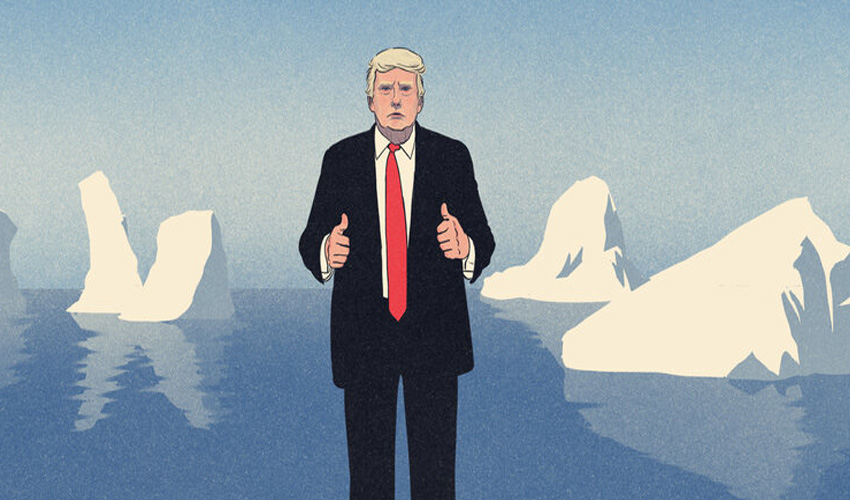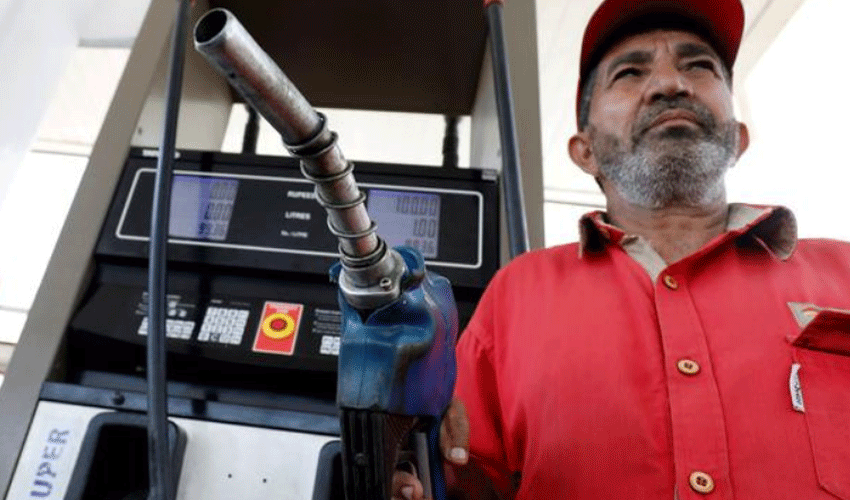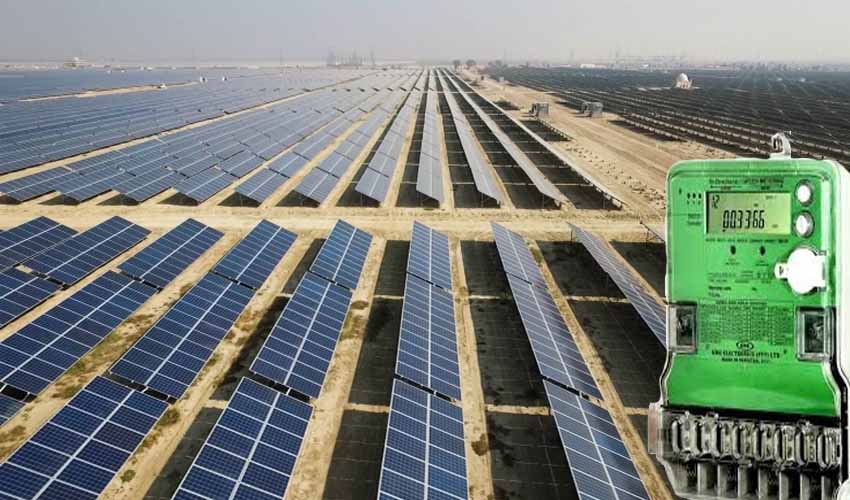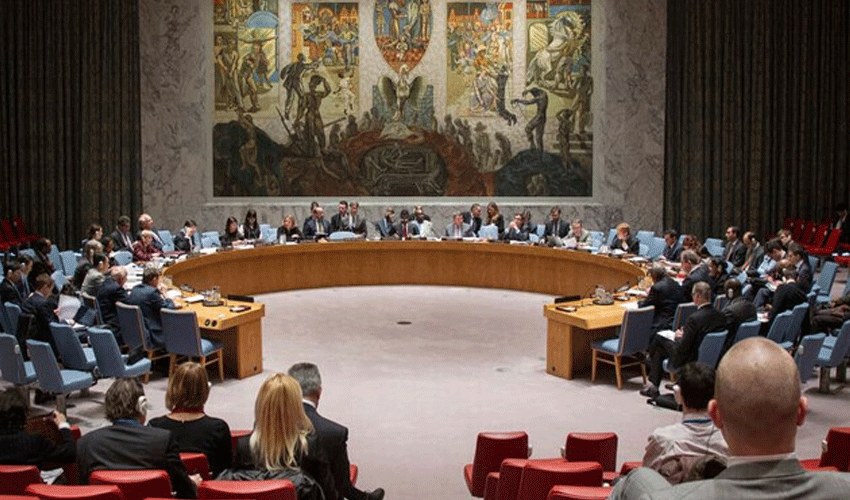The triumph of Donald Trump in the 2024 US Presidential Election marks a significant setback for global climate action, experts have warned. His return to the White House is expected to stifle progress in addressing climate change, potentially undermining years of hard-won international agreements and climate initiatives. However, while the immediate consequences are clear, the longer-term impacts remain uncertain.
As world leaders gather next week for the crucial COP29 climate talks in Azerbaijan, Trump’s victory casts a dark shadow over the global effort to mitigate climate change. Experts argue that his climate policies could reverse crucial advancements made under previous administrations, particularly the efforts to reduce emissions and support developing countries in their transition to green energy.
Trump = Climate skeptic?
Trump’s stance on climate change has been well-documented. Throughout his previous tenure as president, he famously referred to efforts to combat climate change as a "hoax" and pulled the US out of the Paris Agreement—the landmark international accord designed to curb global warming. With his victory in 2024, the world faces the prospect of a president who, as a known climate skeptic, could further delay or dismantle key environmental protections, which are essential in the fight against climate change.
However, Trump’s victory isn’t all doom and gloom for renewable energy supporters. Despite his hostility towards green energy initiatives, renewable energy sources like wind and solar have gained significant traction in the US, both politically and economically. Public support for these green technologies remains strong, and the growth of the renewable energy sector is unlikely to be entirely thwarted by Trump’s policies. This means that while Trump may attempt to ramp up oil and gas production, his efforts may not be as effective as he intends due to growing support for cleaner, more sustainable energy sources.
The Paris accord and global climate commitments
The most immediate concern for climate leaders is the potential retraction from the Paris Agreement. Under the agreement, nearly every country in the world committed to reducing greenhouse gas emissions, with the goal of limiting global warming to well below 2°C above pre-industrial levels. Trump’s previous decision to withdraw the US from this pact was met with widespread condemnation, and it dealt a significant blow to international efforts to address climate change.
This time around, however, the US withdrawal could be executed swiftly, with Trump potentially pulling out of the agreement just a year into his term. This would allow him to chart his own course on climate change without any obligations to report to the United Nations or abide by its climate rules. Experts predict that this could make the US a rogue player on the world stage in terms of climate action, undermining global cooperation.
As it stands, the US will be a "lame duck" at the COP29 talks, according to Richard Klein, a climate policy expert at the Stockholm Environment Institute. "The US at this COP is not just a lame duck, it's a dead duck," Klein said. "They can't commit to anything, and that means that countries like China will not want to commit to anything either." This sentiment highlights the potential erosion of global solidarity on climate action, with the US’s absence from meaningful agreements likely to embolden other nations to shy away from their own climate commitments.
Implications for developing nations
One of the most significant implications of a Trump presidency for the global climate agenda is the impact on funding for developing nations. For years, wealthier nations like the US, the UK, and EU states have sought to mobilize financial resources to help developing countries mitigate and adapt to climate change. These funds are crucial for nations that are disproportionately affected by the changing climate but lack the resources to address it.
During his first term, Trump showed little interest in contributing to these efforts. His focus was on pushing for greater financial commitments from major developing economies like China. However, with Trump’s return, the situation will likely reverse, leaving China less pressured to contribute financially to global climate funds. This could stall progress for the most vulnerable countries in the Global South, who need billions of dollars in investment to transition to green energy and safeguard their economies from the escalating impacts of climate change.
Moreover, there have been reports that some of Trump’s most ardent supporters are advocating for a complete break from global climate treaties, including the UN Framework Convention on Climate Change (UNFCCC), the foundational treaty underpinning multilateral climate action. While legal experts remain unclear on the process of exiting this treaty, any such move would be a devastating blow to the principle of global cooperation on climate change.
The 'Drill, Baby, Drill' approach
On the domestic front, Trump’s administration is expected to push for a dramatic expansion of oil and gas production within the US. This includes a renewed focus on offshore drilling, fracking on federal lands, and expanding pipelines. Industry experts, such as Dan Eberhart, CEO of oilfield services company Canary LLC, predict that the "drill, baby, drill" philosophy will dominate Trump’s energy agenda.
Additionally, Trump is likely to roll back environmental protections, such as the Clean Power Plan, which sought to limit carbon emissions from power plants. His administration may also impose heavy tariffs on electric vehicles and solar panels imported from China, hindering the growth of green technology and pushing the US further away from the global shift toward renewable energy.
The consequences of this policy direction are already being felt in the stock market. Shares of turbine manufacturers, which play a crucial role in the renewable energy industry, took a significant hit following the election results. Many are now fearing that US offshore wind farms—vital to the nation’s green energy transition—could be canceled under Trump’s leadership.
While the immediate outlook under a Trump administration appears bleak for climate action, the longer-term effects remain uncertain. While Trump will likely face resistance within his own party to curtail the growth of green energy, especially given the success of Biden’s Inflation Reduction Act, which has channeled $1 trillion in spending toward green technologies, it is unclear whether this momentum can withstand the political and economic pressure of a Trump-led government.
Experts are hopeful that the ongoing transition to green energy, bolstered by global investments and innovations in clean technology, will continue regardless of US policy. Christiana Figueres, the former UN climate chief, noted, "The result from this election will be seen as a major blow to global climate action. But it cannot and will not halt the changes underway to decarbonize the economy and meet the goals of the Paris agreement."
Trump’s victory in the 2024 election undoubtedly signals a major setback for global climate action, with potentially severe consequences for both domestic and international efforts to address climate change. The US, under Trump, could retreat further from its global climate commitments, weakening international cooperation and slowing progress toward global decarbonization goals.
However, the transition to a green economy is already underway, driven by technological advancements, public support, and the growing recognition of the existential threat posed by climate change. While Trump’s policies may slow this transition, they will not halt it. As world leaders gather for COP29, the global climate movement must find ways to push forward, even in the face of this significant political challenge.



























